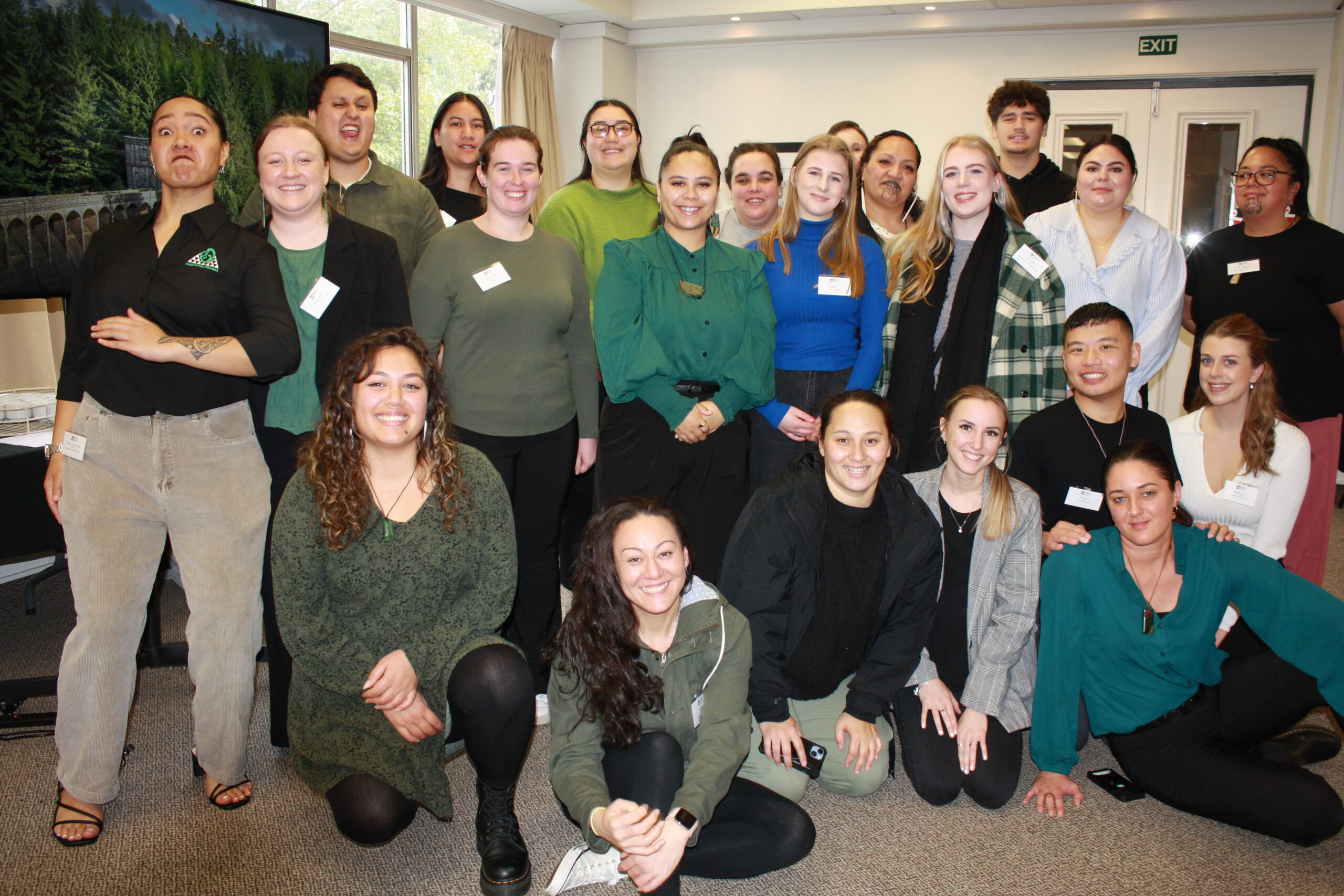Te Whatu Ora chief people officer Andrew Slater said Te Whatu Ora had hired 311 into hospital/specialist positions, 16 into mental health and addiction community roles and seven into other non-hospital roles.
Another 24 applicants had gone into primary health roles, two into aged care and nine into private health or hospital providers, he said.
‘So, directly within the hospital setting, very few people have been picked.’

“The remaining 166 unmatched nurses — a small number of whom did not accept initial offers — have been placed in a national talent pool, which will open to employers this month,” Slater said. “We expect graduates will be approached by other prospective employers.”
One new graduate told Kaitiaki she was “lucky” to have been accepted into her preferred NESP (nurse entry into specialist practice) mental health role at Te Whatu Ora.
However, she knew many who had applied for hospital roles had missed out.
‘A lot of people know they’re just going to go to places they won’t particularly enjoy until they can get into where they want.’
“All my classmates who applied for mental health have all got in – but there were five people going for surgical and two for medical and only one person was taken,” said the new graduate, who did not want to be named.
“So, directly within the hospital setting, very few people have been picked,” she told Kaitiaki.
Three of those who missed out were Māori — who are hugely under-represented in nursing — and would now have to wait in the employment pool for other opportunities, unlikely to be in their preferred field, she said.

“A lot of people feel displaced and are left wondering if they will go to places they won’t particularly enjoy until they can get into where they want.”
Many new graduates felt disappointed and frustrated they had been accepted onto final placements which did not translate into jobs, said the student, part of NZNO’s national student unit.
‘If it gets to the end of the year with no RN job, I will likely do my new grad year in Australia as I don’t see how else I can get experience.’
“It’s like ‘why did you accept a student nurse on your ward, when we could’ve gone somewhere that could have taken us?’ ”
Another new graduate who contacted Kaitiaki said she applied for a supported NETP (nurse entry-to-practice) position in the midcentral region — but there were none available, “not even one!”
The nurse — who asked not to be identified — said she is now one of the 166 in the talent pool facing an uncertain future, and is eyeing up Australia.
“If it gets to the end of the year with no RN job, I will likely do my new grad year in Australia as I don’t see how else I can get experience if I cannot be hired in midcentral,” she said.
Te Whatu Ora figures supplied to Kaitiaki show that for last year’s mid-year graduates, there were 541 supported entry positions available at both Te Whatu Ora and private employers through the national matching system ACE — about 60 per cent more than this year.
Graduate nurses ‘vital’
Te Whatu Ora has itself identified a shortage of 4800 nurses in its 2023/24 health workforce plan.
However, Slater said there were more nurses employed in Te Whatu Ora hospitals than ever before, with 29,404 full-time equivalents (FTE) across the country — an increase of 2900 in the past year.
“While our progress in nursing recruitment has significantly changed the nursing workforce landscape – resulting in far fewer vacancies than in 2023 – we continue to look to place as many graduate nurses as we can into roles and are confident placements will increase over the coming weeks and months.”
Gaps also remained in specialist areas such as mental health and addictions and critical care, he said.
With 25 roles still available, Te Whatu Ora was “committed to supporting nurse graduates to find employment” either within or in other areas of the health sector, he said.
“Graduate nurses are a vital part of our health system.”
NZNO — Tōpūtanga Tapuhi Kaitiaki o Aotearoa chief executive Paul Goulter said the high number of internationally-qualified nurses, who now made up nearly half the workforce, also “needed and deserved a high level of support” from a strong domestically-trained nursing workforce.
NZNO revealed last month that nursing leaders were told to “pause” mid-year intake of graduate nurses into NETP and NESP (nurse entry to specialist practice) places in hospitals due to budgetary constraints.
Te Whatu Ora chief nurse Nadine Gray denied a “pause” but said there were limited vacancies and graduates may have to look elsewhere.
Graduates are matched to supported entry roles across the sector through national matching system ACE (advanced choice of employment). The new nurses identify up to three preferred practice settings, including those outside Te Whatu Ora and hospitals.
The supported entry NETP/NESP roles are not the only way into nursing for new graduates, but provide wraparound support such as clinical preceptorship, orientation, professional development, ongoing debriefing as well as post-graduate study pathways. They can also provide specialised support for new Māori and Pasifika graduates.
Nursing students said recently the uncertainty around new graduate hospital jobs was just one of many barriers they faced to become nurses.





